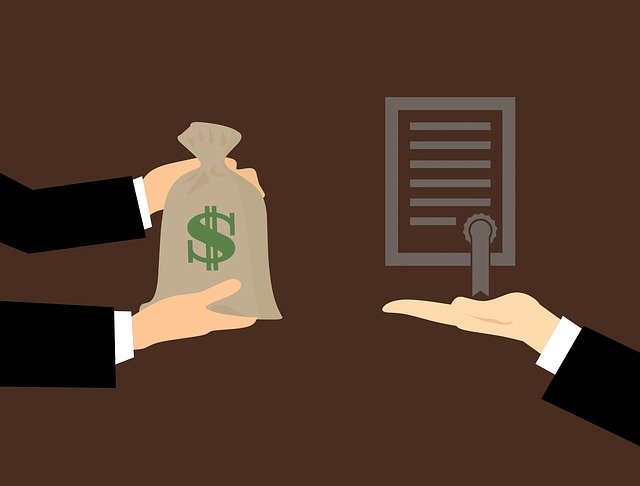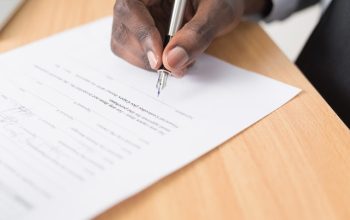You’ve likely heard of “notaries” and “notary publics.” You may have even worked with one in a situation where you had something that needed to be “notarized.” Despite how plentiful they are, and the important work they do, you may not understand their function. Here are a few reasons why you might need to pick up a notary directory.
Help to Prevent Fraud
A notary is an official who is certified and authorized by their state to work on its behalf to witness the execution of legally binding processes (usually paperwork.) The prime purpose of having someone in this role is to emphasize the seriousness of the documents the parties are signing. People who have become certified and are listed in the notary directory help weed out people trying to act in bad faith as they enter into agreements. This helps cut down on the possibility of fraud in these proceedings.
Handle Legal Documentation
While no-one in the notary directory can prepare legal documents, they witness the signing of most key agreements that are binding by law. The most common of these are wills, trusts, paperwork associated with real estate transactions, transfers of vehicle titles, and powers of attorney.
Provide a Community Service
While it varies from state to state, the process of becoming a notary is simple. It involves a certification program that can usually be completed at home. Once a person is officially a notary, they can charge for their services up to the maximum amount allowed by their state. Many notaries also offer up some of their services for free, to help senior citizens and people with disabilities with their medical paperwork. Either way, it is a needed service that helps many.
Notaries perform a civil function that is simple, yet crucial to keeping the U.S. legal system and local government running smoothly.



